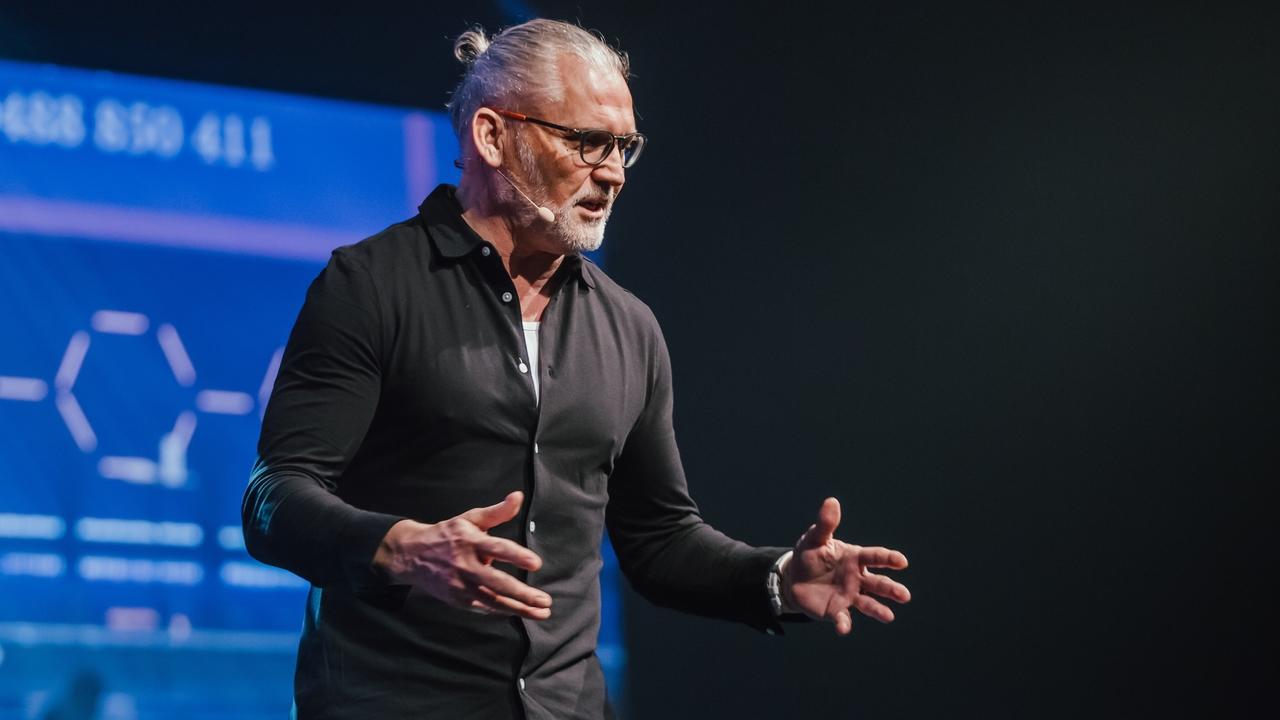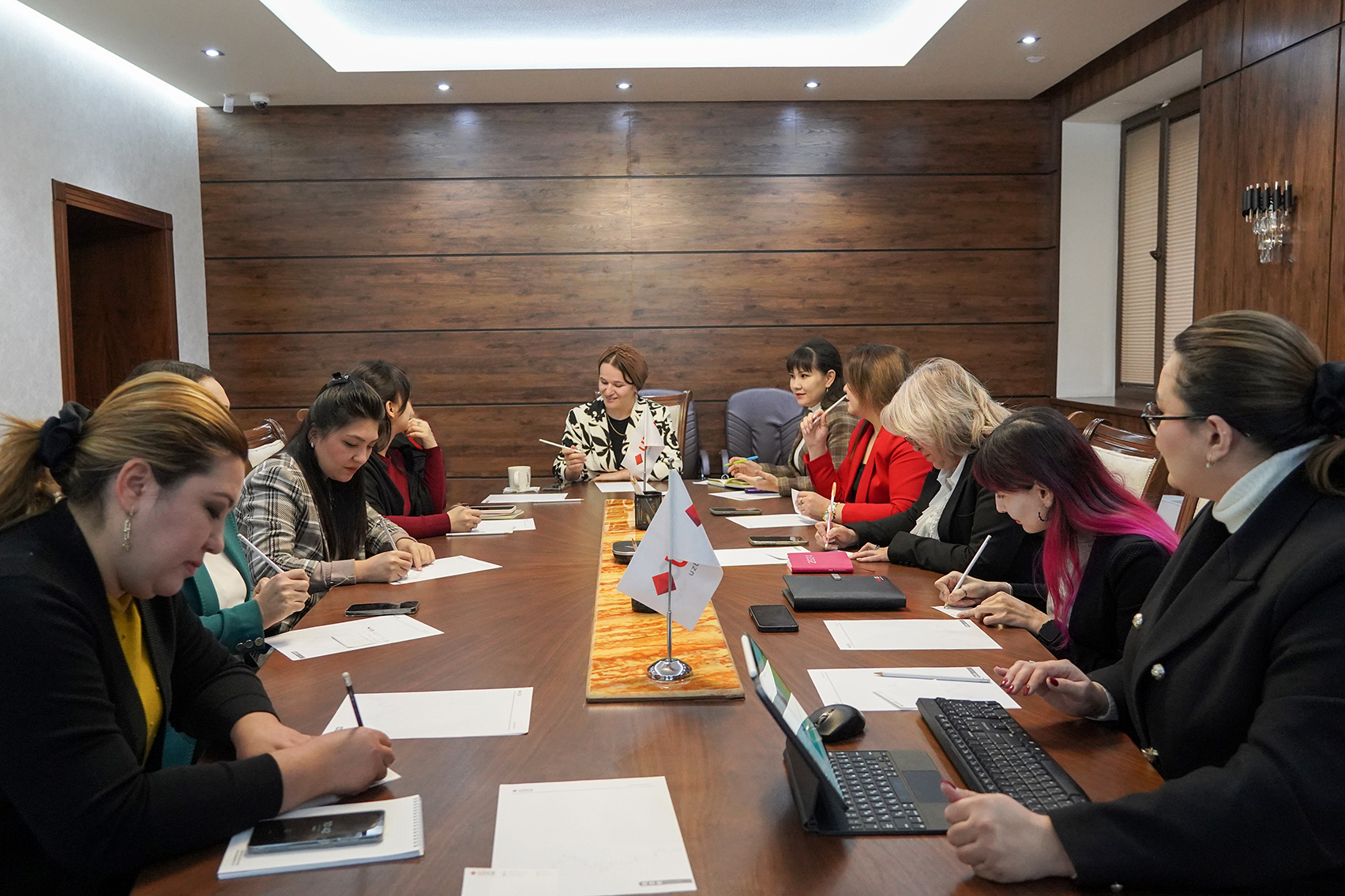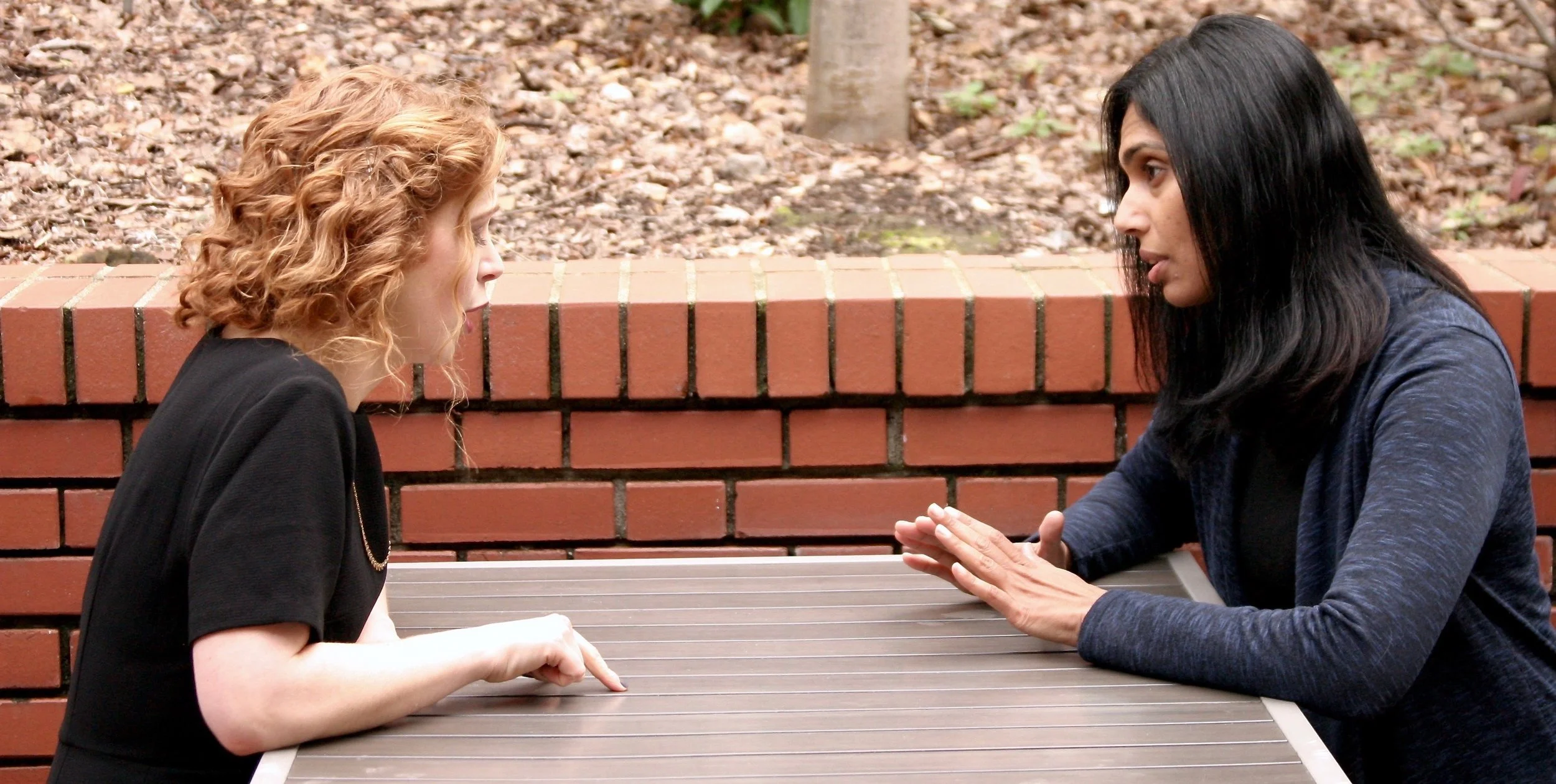How Three Workshops Changed Everything I Thought I Knew About Speaking
I never thought I'd be the person standing in front of a room full of strangers, talking about workshops that changed my life. Truth be told, I spent most of my career avoiding presentations like they were the plague. But here I am, at sixty-five years old, telling you that some speaking courses truly did transform not just how I communicate, but how I see myself.
For thirty years, I worked in administrative roles across Toronto and Ottawa. I was good at my job—organized, detail-oriented, reliable. But whenever a meeting required me to present findings or lead discussions, my heart would race so fast I thought everyone could hear it. My hands would shake. My voice would get all thin and squeaky. I'd forget what I was saying halfway through a sentence. It was embarrassing, honestly.
After I retired three years ago, I thought I was done with all that stress. But then my community center asked me to help organize events and speak at gatherings. I couldn't keep avoiding it forever. So I started looking into public speaking courses here in Ontario. What I found was a mix of everything—some courses were absolutely life-changing, others were just okay, and a few were honestly a waste of money.
This article isn't about telling you every course is wonderful. It's about sharing what actually worked for someone like me—a regular person who just wanted to stop feeling terrified every time I had to speak up. I'll tell you about the workshops that made a real difference, what didn't work, and what I wish I'd known before spending my retirement savings on courses.
The First Workshop That Actually Made Sense to Me
The first program I tried was a weekend intensive called "Speak Without Fear" in Mississauga. I found it through a friend at my book club who'd taken it the year before. It cost about four hundred dollars, which felt like a lot, but I figured if it helped even a little bit, it would be worth it.
What made this workshop different from what I expected was that the instructor, Margaret, didn't start by making us do speeches. Instead, we spent the first three hours just talking about why we were scared. Turns out, almost everyone in that room had similar fears—looking stupid, forgetting words, being judged. Just knowing I wasn't alone helped more than I can explain.
The techniques they taught were practical, not fancy. We learned about breathing exercises that actually work when you're panicking. Margaret showed us how to structure a short talk using something she called the "three-point method"—basically, you pick three main ideas and expand on each one. Simple, right? But nobody had ever explained it that way to me before.
By the end of the weekend, I gave a five-minute talk about my garden. My hands still shook a bit, but I didn't forget what I was saying. I didn't feel like running out of the room. That was huge for me. The course gave me some confidence, though I knew I still had a long way to go.
What Worked in This First Experience
The small group size made a big difference—only twelve people, so we all got individual attention. Margaret recorded our practice speeches on her phone so we could watch ourselves later. That was uncomfortable but really helpful because I realized I didn't look as nervous as I felt. My voice sounded more normal than I thought.
They also gave us a workbook to take home with exercises to practice. I actually used it, which surprised me. Every morning for two weeks, I'd practice the breathing techniques while making my coffee. It became a habit. The course wasn't perfect—some of the role-playing exercises felt a bit silly—but overall, it gave me a foundation I didn't have before.
The Program That Pushed Me Further Than I Expected
About six months after that first workshop, I was feeling more confident but still struggled with longer presentations. A colleague from my old job recommended a twelve-week program offered through a continuing education center in Toronto. It met once a week for two hours, and it cost around eight hundred dollars.
This one was more intensive. We had homework every week—we had to prepare short speeches and practice them at home, then present them in class. The instructor, David, was tougher than Margaret. He'd point out when we used filler words like "um" and "ah" too much. He'd stop us if we were rushing through our content. At first, I found his approach a bit harsh, but it pushed me to improve.
What really changed things for me in this program was learning about storytelling. David taught us that people don't remember facts and statistics—they remember stories. He showed us how to take a boring topic and make it interesting by adding personal examples and real situations. This completely changed how I prepared my talks.
For my final presentation, I spoke for fifteen minutes about the history of our community center. Instead of just listing dates and facts, I told stories about the people who built it and why it mattered to our neighborhood. People actually stayed engaged. Some came up afterward to tell me they enjoyed it. That had never happened to me before.
The Challenges I Faced in This Longer Program
I won't pretend this course was easy. There were weeks I wanted to quit. The homework felt overwhelming sometimes, especially when I had other commitments. A few people in the class were much younger and seemed naturally confident, which made me feel self-conscious about my age and abilities.
But the weekly structure actually helped me improve faster than the weekend intensive. Repetition matters. Doing it once isn't enough—you need to practice regularly. By week eight, I noticed I was getting less nervous before presentations. By week twelve, I was actually looking forward to speaking, which seemed impossible when I started.
The Disappointing Course That Taught Me What to Avoid
Not every workshop I took was worth the money. About a year into my speaking journey, I signed up for an online course that promised to make me a "confident speaker in just three days." It cost two hundred and fifty dollars, and looking back, I should have been more skeptical of those big promises.
The course was pre-recorded videos with a instructor from the United States. The content was generic—nothing specific to Canadian contexts or audiences. The examples all referenced American politics and culture, which didn't really connect with me. There was no live feedback, no chance to practice with real people, no community aspect at all.
I watched all the videos because I'd paid for it, but I didn't learn much I hadn't already learned in my previous workshops. The "workbook" was just a PDF with blanks to fill in. There was a Facebook group for participants, but it was mostly people promoting their own businesses. Nobody was really there to learn or help each other.
Red Flags I Wish I'd Noticed Earlier
Looking back, there were warning signs. The course made big promises about quick results. It didn't mention anything about practice or repetition. The website had lots of testimonials but no real information about the instructor's background or teaching experience. The sales page used a countdown timer saying the price would go up, creating false urgency.
I learned that good speaking courses usually acknowledge that improvement takes time. They emphasize practice. They offer some kind of live interaction or feedback. They're honest about the work involved. If a course promises you'll become amazing overnight without effort, it's probably not going to deliver.
What Actually Makes a Speaking Workshop Effective
After taking five different courses over two years, I've figured out what actually matters when choosing a public speaking program. First, you need real practice with real people. Watching videos or reading books helps, but nothing replaces standing up and speaking in front of others who can give you feedback.
Second, smaller groups work better than large ones. In workshops with more than twenty people, you don't get enough individual attention. You might only speak once or twice during the whole program. In smaller groups of eight to fifteen people, you get more opportunities to practice and receive personalized feedback.
Third, the instructor's approach matters more than their credentials. I've had instructors with impressive resumes who weren't great teachers. I've had instructors with simpler backgrounds who really understood how to help nervous speakers improve. Look for someone patient, encouraging, but also willing to give honest feedback.
The Importance of Ongoing Practice
Here's something nobody told me when I started: taking a workshop isn't enough by itself. You need to keep practicing afterward. I joined a local Toastmasters group after my formal courses ended, and that's where the real growth happened. Meeting every two weeks, giving speeches regularly, that's what made the difference.
Some of the people in my Toastmasters group never took formal courses—they just learned by doing. Others, like me, took courses first and then joined for ongoing practice. Both approaches can work, but the key is regular practice over time, not just a one-time workshop.
Specific Recommendations for Canadians Looking for Speaking Courses
If you're in a major Canadian city like Toronto, Vancouver, Montreal, or Calgary, you'll find lots of options. Community centers often offer affordable workshops, usually between two hundred and five hundred dollars. These are good starting points. Universities and colleges also run continuing education programs that tend to be well-structured.
For those in smaller communities, online options can work, but try to find ones with live components—real-time video sessions where you can practice and get feedback. Pure pre-recorded courses are better than nothing, but they're not as effective as interactive programs.
Professional organizations like the Canadian Association of Professional Speakers offer workshops and resources. These tend to be more expensive, often over a thousand dollars, but they're geared toward people who want to speak professionally, not just overcome basic fears.
Making the Most of Limited Budgets
Not everyone can afford expensive courses, and that's okay. I spent almost two thousand dollars total on various programs, which was a significant chunk of my retirement savings. Looking back, I could have achieved similar results spending less if I'd been smarter about it.
Start with one affordable weekend workshop or short course to learn basics. Then join a free or low-cost practice group like Toastmasters, which costs around a hundred dollars per year. That combination gives you instruction plus ongoing practice without breaking the bank. You can always take more advanced courses later if you want to develop specific skills.
How Speaking Skills Changed Other Parts of My Life
I started this journey just wanting to stop feeling terrified when I had to speak at community events. What I didn't expect was how improving my speaking skills would affect other areas of my life. I became more confident in everyday conversations. I started speaking up more in group settings, sharing my opinions instead of staying quiet.
My relationships with my adult children improved because I got better at expressing my feelings clearly instead of getting frustrated when they didn't understand what I meant. I started volunteering as a mentor for younger women in my community, something I never would have felt comfortable doing before.
I even started a small side project giving talks at local libraries about gardening and sustainable living—topics I'm passionate about. Nothing fancy, no big money involved, but it gives me purpose and connects me with people. That all came from learning to speak with more confidence.
Final Thoughts and What I'd Tell My Former Self
If I could go back and talk to myself three years ago, when I was first considering taking a speaking course, I'd tell her to just start. Don't wait until you feel ready because you'll never feel completely ready. Don't expect one course to fix everything because improvement takes time and practice.
I'd also tell her to be more selective about which courses to take. Do research. Ask for recommendations from people who've actually taken the courses. Be skeptical of big promises and quick fixes. Look for programs with live practice, small groups, and honest feedback.
Most importantly, I'd tell her that learning to speak with confidence isn't about becoming a different person. It's about finding ways to express who you already are more clearly and comfortably. The best workshops I took didn't try to turn me into a professional speaker or give me a fake personality. They just helped me be more myself in front of others.
At sixty-five, I'm proof that it's never too late to develop new skills. If you're reading this and feeling nervous about public speaking, know that you can improve. It won't happen overnight, and it will take effort, but it's absolutely possible. Start small, practice regularly, and find the right support. The workshops that changed my life weren't perfect, but they gave me tools and confidence I didn't have before. That's made all the difference.
About the Author
Community Education Advocate
Based in Ontario, our contributor brings decades of real-world experience in personal development and lifelong learning. After retiring from administrative work, she discovered a passion for helping others overcome communication challenges through honest, practical guidance.




